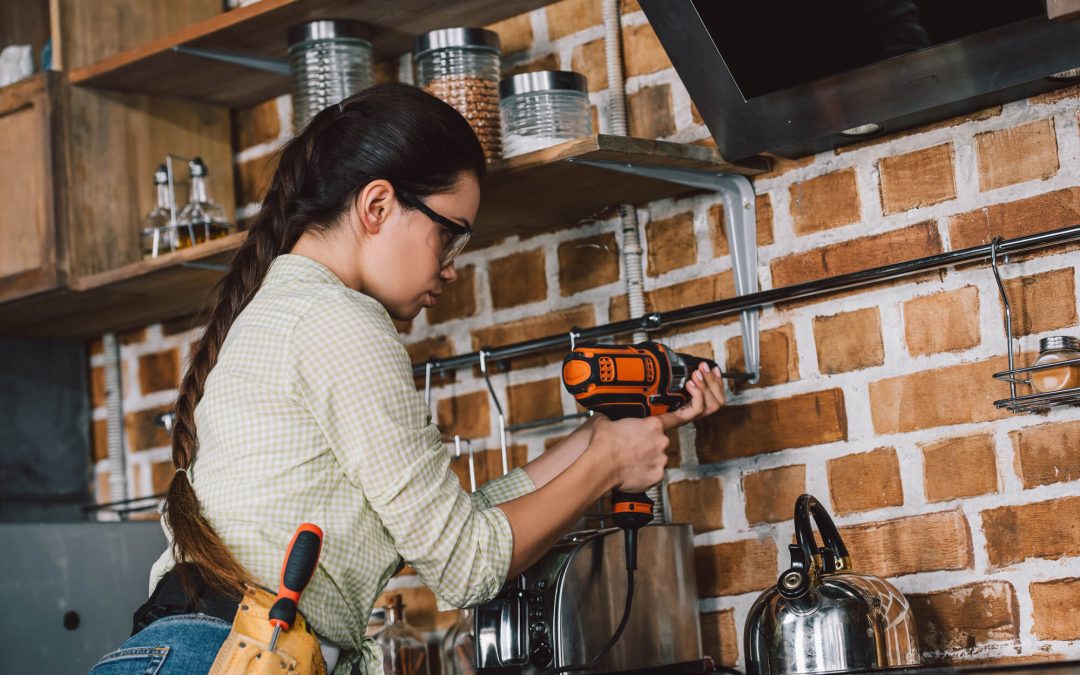Power tools are incredibly efficient and useful for a wide range of tasks, from construction projects to home renovations. However, they also pose significant risks if not handled properly. According to the U.S. Consumer Product Safety Commission, power tools are responsible for thousands of injuries each year, ranging from minor cuts and bruises to severe lacerations and amputations. To ensure a safe and productive work environment, it’s crucial to follow proper safety procedures when using power tools. Here are some essential tips for power tool safety to keep in mind.
1. Read the Manual First for Power Tool Safety
Before using any power tool, thoroughly read the manufacturer’s instructions and safety guidelines provided in the manual. Familiarize yourself with the tool’s features, proper operation, maintenance requirements, and safety precautions.
2. Wear Personal Protective Equipment (PPE)
Always wear appropriate personal protective equipment, including safety goggles, ear protection, gloves, and, when necessary, a dust mask or respirator. PPE can help prevent injuries from flying debris, loud noise, and harmful dust or fumes.
3. Inspect Tools Before Use
Before powering on any tool, inspect it for any signs of damage, such as frayed cords, cracked casings, or missing guards. Never use a damaged tool, as it can increase the risk of accidents or malfunctions.
4. Maintain a Clean Workspace for Power Tool Safety
Keep your work area clean and well-lit to prevent tripping hazards and improve visibility. Remove clutter, debris, and obstacles from the area around your power tools to avoid accidents.
5. Power Tool Safety: Use Tools for Their Intended Purpose
Use each power tool only for its intended purpose and within its specified limits. Avoid using makeshift solutions or modifying tools in ways that could compromise their safety or performance.
6. Secure Workpieces Properly
Always secure workpieces firmly in place using clamps, vises, or other appropriate fixtures before operating power tools. This helps prevent the workpiece from slipping or moving unexpectedly, reducing the risk of accidents.
7. Maintain Control
Maintain a firm grip on the tool with both hands and stay focused on the task at hand. Avoid distractions and never operate power tools while under the influence of drugs or alcohol, as impaired judgment can lead to accidents.
8. Keep Distance from Moving Parts
Keep your hands, fingers, and clothing away from moving parts, such as blades, bits, or cutting surfaces, while the tool is in operation. Never reach over or across a spinning blade or bit, and always wait for the tool to come to a complete stop before making adjustments or changing accessories.
9. Disconnect Power Sources When Not in Use
When not in use, always disconnect power tools from their power source, such as unplugging cords or removing batteries. This prevents accidental startups and unauthorized use, reducing the risk of injuries.
10. Seek Proper Training for Power Tool Safety
If you’re unfamiliar with a particular power tool or task, seek proper training and guidance from experienced professionals before attempting to use the tool. Proper training can help you develop the skills and knowledge needed to use power tools safely and effectively.
By following these power tool safety tips, you can significantly reduce the risk of accidents and injuries in your workshop or job site. Remember, safety should always be the top priority when working with power tools. Take the time to educate yourself, follow proper procedures, and stay vigilant to ensure a safe and productive working environment.
FAQs for Power Tool Use
What should I do if a power tool malfunctions?
If a power tool malfunctions or shows signs of damage, stop using it immediately and unplug it from the power source. Depending on the issue, you may need to repair or replace the tool. Avoid attempting repairs yourself if you’re not qualified to do so.
How do I choose the right power tool for my project?
Consider factors such as the type of project, the materials you’ll be working with, and your level of experience. Researching different tools, reading reviews, and seeking advice from knowledgeable sources can help you make an informed decision.
What types of power tools are suitable for beginners?
Beginners might start with simpler power tools like drills, screwdrivers, orbital sanders, and jigsaws. These tools are relatively easy to use and versatile for a variety of home projects.
Elite Home Inspections provides professional inspections to homebuyers and sellers in Louisville and the surrounding areas of Kentucky. Contact us to request our services.

